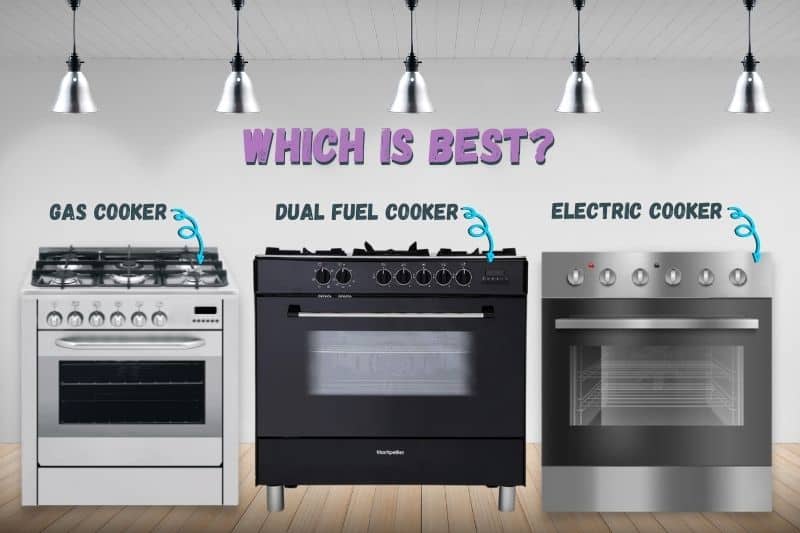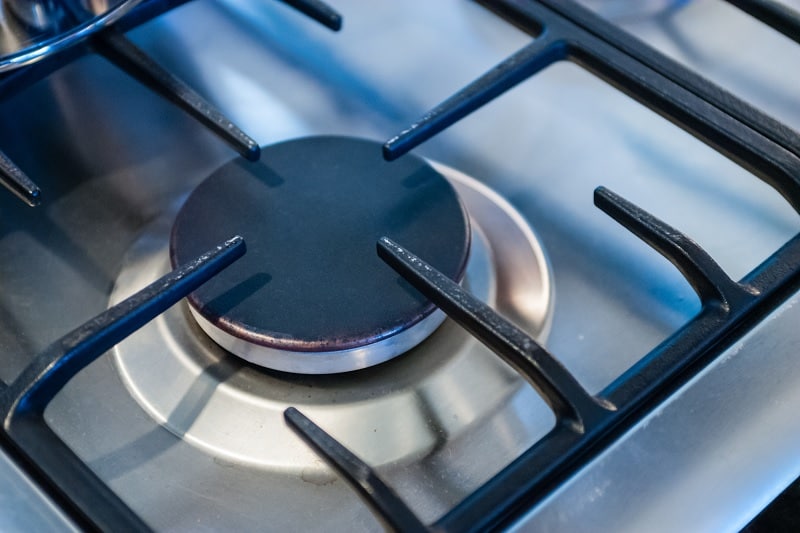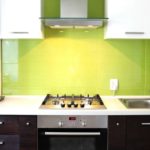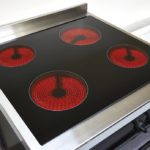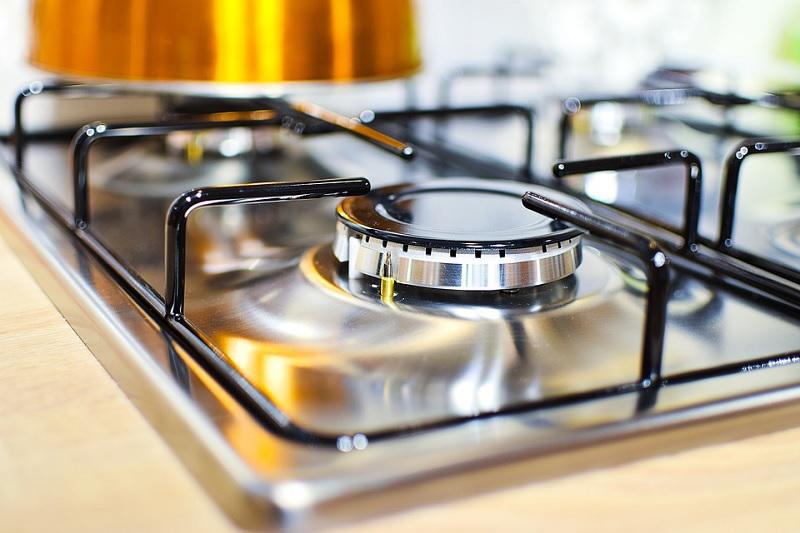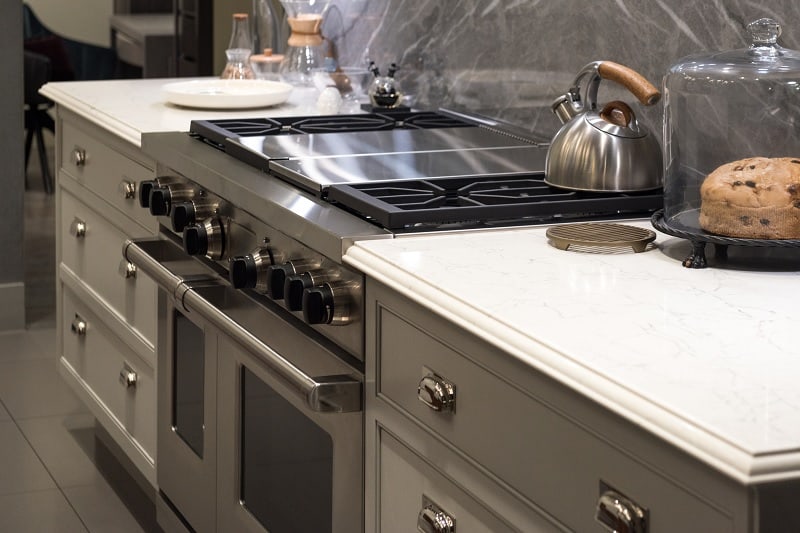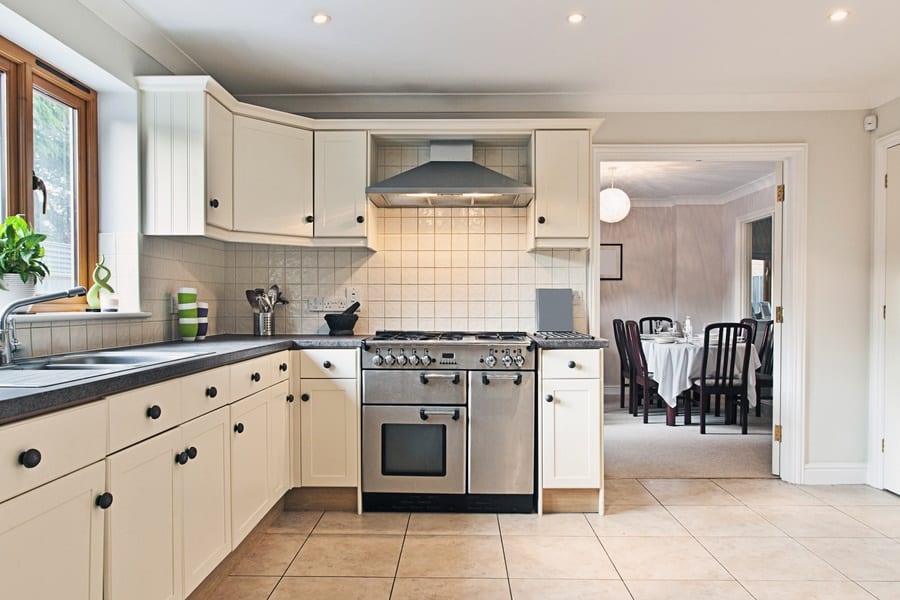Unless you’re an experienced chef, it’s unlikely you’re familiar with the types of cookers at your disposal.
Perhaps you’re a big foodie, or the recent lockdowns have piqued an interest in the kitchen, and you’ve become something of a budding Gordon Ramsey—minus the shouting and swearing (we hope!)—and you’re looking to upgrade your kitchen with a cooker better suited to fit your needs.
And maybe you don’t know where to begin…
Relax. We’ve got you covered. This article outlines the types of cookers currently on the market, their affordability, and the pros and cons of each, and will hopefully help you on your way to becoming the next MasterChef!
What Is the Difference Between a Cooker and an Oven?
In short, a cooker is an all-in-one jobbie that generally contains one or two ovens and one hob top. An oven is the main contender in your cooking endeavours and serves predominantly for the cooking/baking/roasting part of your cooking.
Types of Cookers
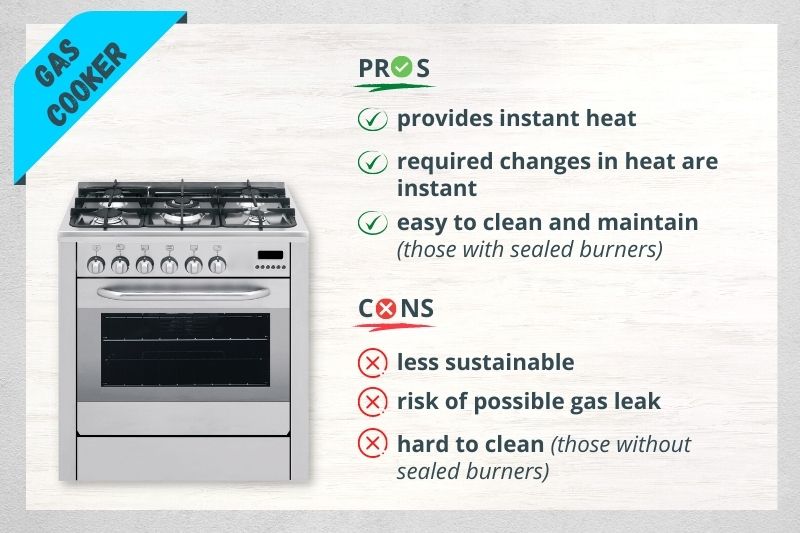
1. Gas cookers
One of the more traditional types of cookers, the gas cooker is a fan-fave of old-school chefs and cooking enthusiasts because the fans inside generally provide a more consistent cooking heat, which is ideal for cooking foods such as meat and fish.
Depending on how often you use your oven, gas cookers can be expensive to run. If you’re on the go and only cook several times a week (or less…) a gas cooker shouldn’t be too costly.
However, if your favourite room of the house happens to be the kitchen and you use it three times a day minimum, it’s wise to consider an alternative option.
Pros of gas cookers
- Gas cookers (and hobs) provide instant heat, which is ideal for when you want a quick meal or are too tired/hungry to wait around for an electric one to warm up!
- Gas cookers with sealed burners are easy to clean and maintain.
- Required changes in heat are instant.
Cons of gas cookers
- They present a possible gas leak threat.
- Less sustainable than their counterparts.
- Those without sealed burners are prone to food clogging and can be a pain to clean.
2. Electric cookers
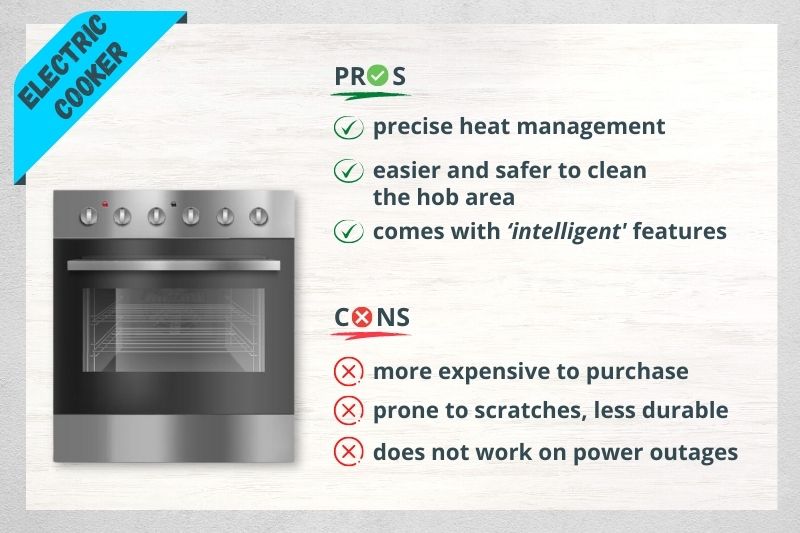
The modern solution to cooking, the electric cooker is a popular choice among homeowners, owing to its stylish, sleek looks and heat consistency. They also retain their heat, whereas a traditional gas cooker is famous for creating a hot cooking environment.
They’re also a favourite among contemporary cooks because they are considerably easier to keep clean, and the heat is often easier to control and more precise than with a gas cooker, lessening the chance of overcooked food.
Pros of electric cookers
- Precise heat management.
- Easier and safer to clean the hob area.
- Can often come with modern, ‘intelligent’ features, such as electronic controls and meat thermometers.
- Depending on your energy provider, they can mean your utility bills will be lower.
Cons of electric cookers
- They can be more expensive to purchase than gas cookers.
- Areas prone to power outages will have no choice but to regularly fork out for takeaways!
- Prone to scratches on the hob and are often less durable than their alternatives.
- They maintain heat, even after being switched off, which can be hazardous to a household with children or pets.
3. Dual fuel cookers
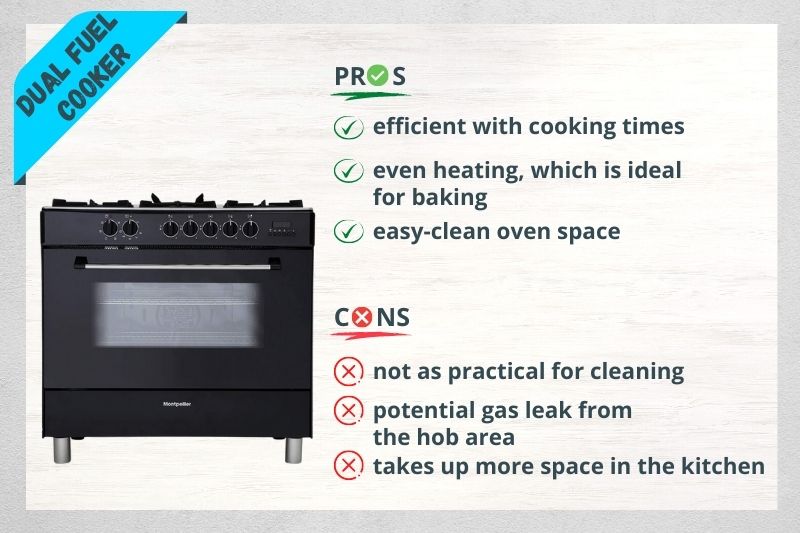
The best of both worlds, the dual fuel cooker offers a gas hob and an electric oven, which holds the benefits of instant hob heat and the precise cooking heat that comes with the electric oven.
Naturally, because of these features, they often range higher in price than either singular gas or electric cookers and will need to be installed by a certified engineer.
Dual fuels are great for frequent and confident cooks, due to their advanced features and practicality, and are often aesthetically pleasing; ensuring they look stylish and sleek in the modern kitchen environment.
Pros of dual fuel cookers
- Efficient with cooking times.
- Even heating, which is ideal for baking.
- Easy-clean oven space.
Cons of dual fuel cookers
- The hob having gas rings means it’s not as practical for cleaning as an electric hob.
- A potential gas leak from the hob area.
- They often take up more space in the kitchen than the average gas or electric oven.

Clara is a freelance writer and former chef. Though she may have hung up her apron, her love of food and cooking is still going strong! When she’s not whipping up a verbal storm, she’ll be in her kitchen sipping wine and whipping up a culinary storm.

